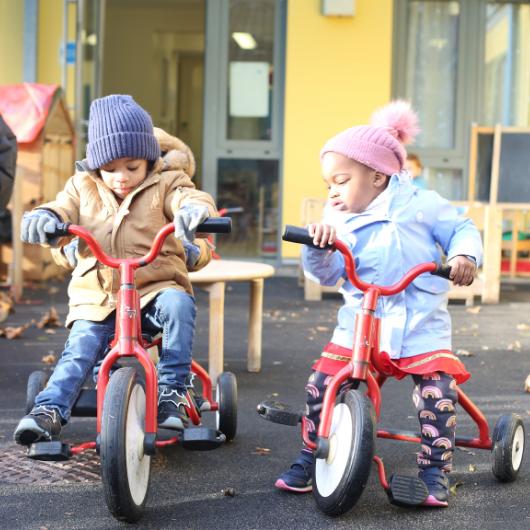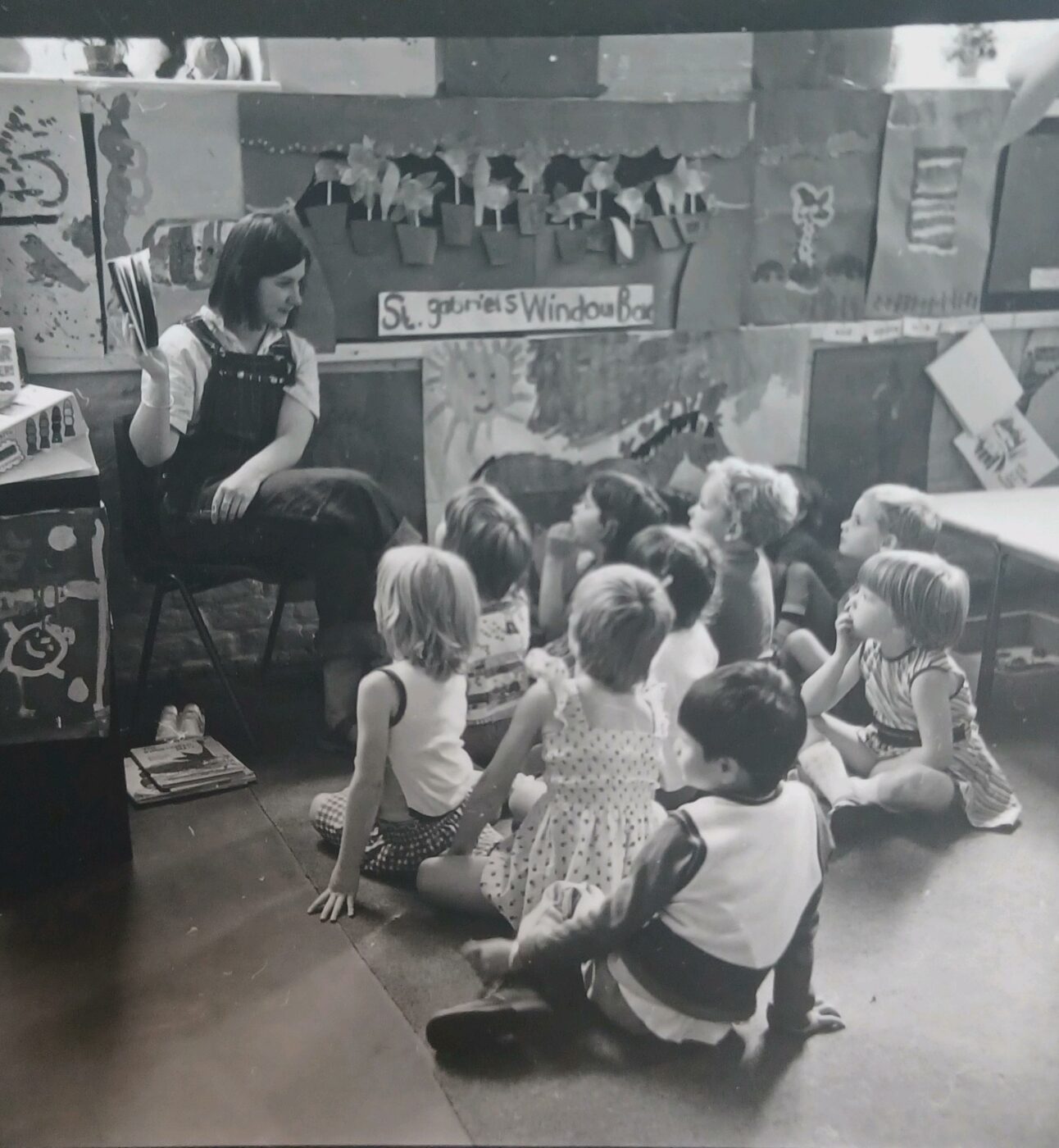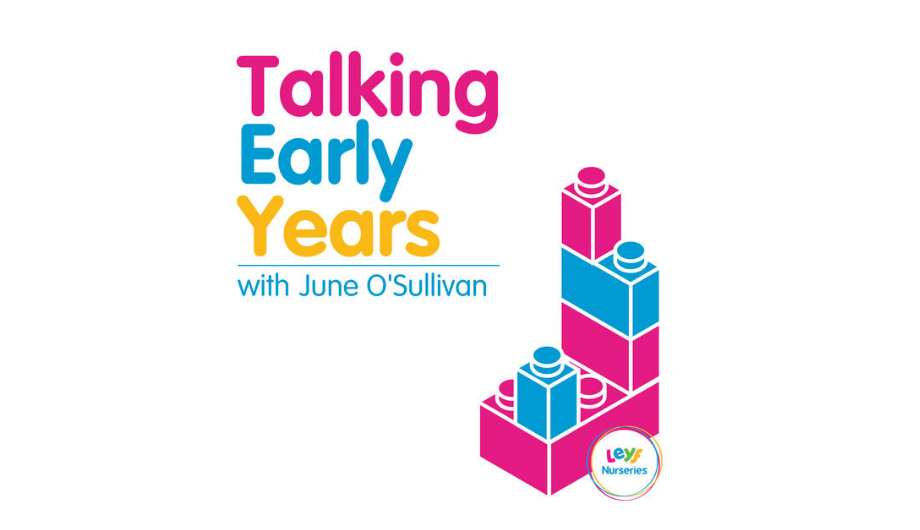
Talking Early Years with June O’Sullivan: in conversation with Dr Will Norman
Walk ‘n’ Ride to Good Health It is not every day you get to talk to the Mayor’s Walking & Cycling Commissioner, but this is exactly who I…
March 21st 2024
The power of play is recognised within the Early Years sector as essential to children’s development. Playing is a child’s right and is our main teaching tool. As Friedrich Froebel said so eloquently back in 1837, “Play is the highest expression of human development in childhood for it alone is the free expression of what is in a child’s soul.”
Yet today, we are limiting children’s opportunity for play more and more. I still hear people’s stories of how children as young as three are told to ‘Finish your work and then you can go and play’ or ‘you are behind with your work, so you miss playtime’.
My podcast guest is Dr Ger Graus OBE who was the first director of KidZania, which went on to be one the fastest growing global educational entertainment brands, with 28 locations around the world. I first met him in 2016 when I visited KidZania to see how we could adapt the experiences for children aged three and four. We were defeated by the safeguarding implications of letting children have the freedom to explore without adult supervision.
When I met Ger, he had had a long and varied career having emigrated from his home in the Netherlands as a trained teacher. He then moved to a school in Norwich where, as a language teacher, he realised play and having fun was central to children’s success. His employment journey took him to various parts of the country and different phases of the education world as a short-lived Ofsted inspector until he ended up at the Manchester Education Zone – one of the bright ideas of the Labour Government in 1997 – he then left to join the Children’s University. What he realised was that, like Benjamin Button, everything begins with the youngest children; yet most of the efforts for change and investment is focused on older children, especially those aged 11 to 16 whose five years in education align with the Government‘s five year stint in parliament. So, their incentive to invest in something that fits within the election cycle dominates, yet small children don’t operate within that timeline. Everything starts at 5+ which is a frustration for Ger but one that we in Early Years continually try and steer through.
Our conversation travels through the world of education, including how Ger met Carla Rinaldi from Reggio Emilia. We reflect the idiocy of not investing in the Early Years, celebrate the significance of play and conclude with a plea to stop focusing on school readiness and instead think more about how we create the environments where children become well educated not well schooled. He advocates that we stop doing what Ken Robinson warned was educating the creativity out of children but continue to create experiences and experiments that are play-based and celebrate the courage of children.
For Ger, Early Years is not a place to drop off a child for a few hours to get a reprieve for parental responsibility but a place of education and care, with staff doing their best to educate children. A child is everyone’s responsibility! He argues that our job is to create an education which helps children navigate the technological revolution. To do that, Ger is keen that we agree what 10 experiences every four-year-old should have.

Walk ‘n’ Ride to Good Health It is not every day you get to talk to the Mayor’s Walking & Cycling Commissioner, but this is exactly who I…

The Year That is 2023 – This year, we are proud to celebrate 120 years of LEYF. It’s been fascinating to reflect back on what has changed over…

I kicked off this year’s podcast chatting to the well-informed Krupesh Hirani, London Assembly Member for Brent and Chair of the London Assembly Health Committee and the Health…